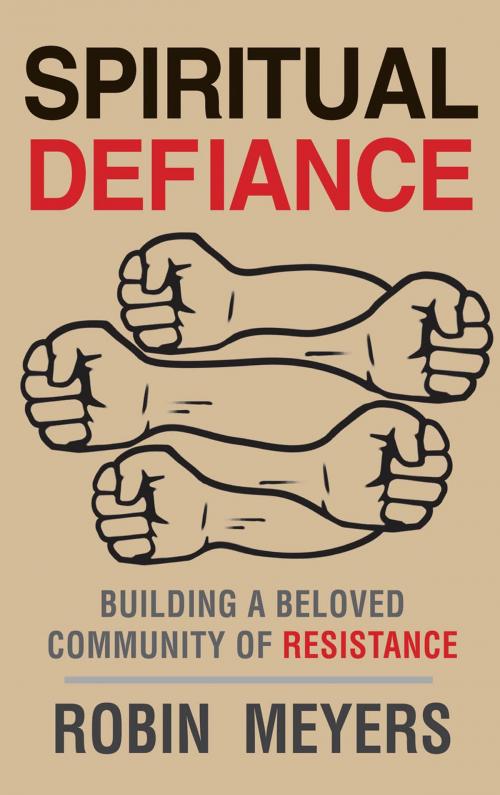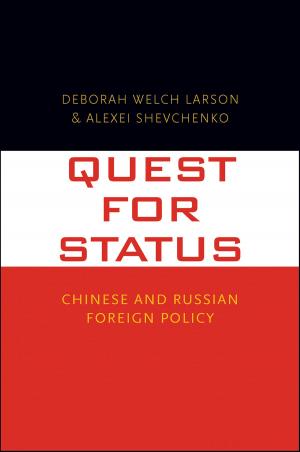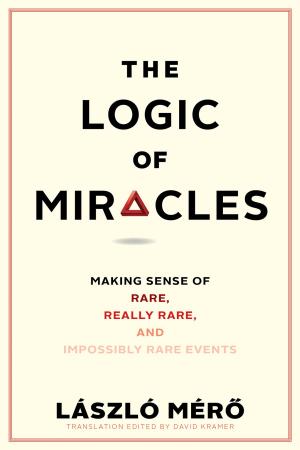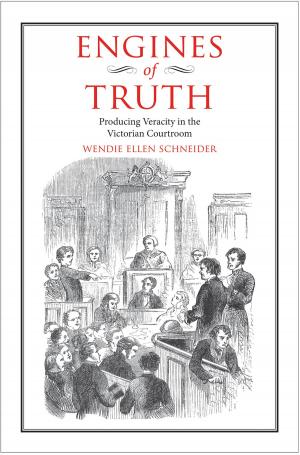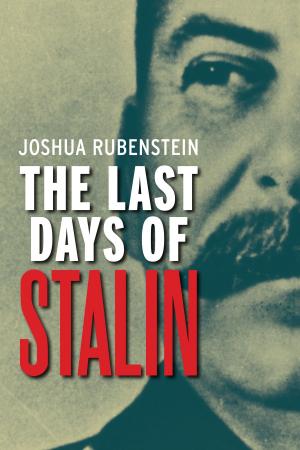Spiritual Defiance
Building a Beloved Community of Resistance
Nonfiction, Religion & Spirituality, Christianity, Church, Christian Life| Author: | Robin Meyers | ISBN: | 9780300213768 |
| Publisher: | Yale University Press | Publication: | April 28, 2015 |
| Imprint: | Yale University Press | Language: | English |
| Author: | Robin Meyers |
| ISBN: | 9780300213768 |
| Publisher: | Yale University Press |
| Publication: | April 28, 2015 |
| Imprint: | Yale University Press |
| Language: | English |
During his thirty-year career as a parish minister and professor, Robin Meyers has focused on renewing the church as an instrument of social change and personal transformation. In this provocative and passionate book, he explores the decline of the church as a community of believers and calls readers back to the church’s roots as a community of resistance. Shifting the conversation about church renewal away from theological purity and marketing strategies that embrace cultural norms, and toward “embodied noncompliance” with the dominant culture, Meyers urges a return to the revolutionary spirit that marked Jesus’s ministry.
Framing his discussion around three poems by twentieth-century Polish poet Anna Kamienska, Meyers casts the nature of faith as a force that stands against anything and everything that engenders death and indignity. He calls for active—sometimes even subversive—defiance of the ego’s temptations, of what he terms “the heresy of orthodoxy itself,” and of an uncritical acceptance of militarism and capitalism. Each chapter is a poignant and urgent invitation to recover the Jesus Movement as a Beloved Community of Resistance.
Framing his discussion around three poems by twentieth-century Polish poet Anna Kamienska, Meyers casts the nature of faith as a force that stands against anything and everything that engenders death and indignity. He calls for active—sometimes even subversive—defiance of the ego’s temptations, of what he terms “the heresy of orthodoxy itself,” and of an uncritical acceptance of militarism and capitalism. Each chapter is a poignant and urgent invitation to recover the Jesus Movement as a Beloved Community of Resistance.
During his thirty-year career as a parish minister and professor, Robin Meyers has focused on renewing the church as an instrument of social change and personal transformation. In this provocative and passionate book, he explores the decline of the church as a community of believers and calls readers back to the church’s roots as a community of resistance. Shifting the conversation about church renewal away from theological purity and marketing strategies that embrace cultural norms, and toward “embodied noncompliance” with the dominant culture, Meyers urges a return to the revolutionary spirit that marked Jesus’s ministry.
Framing his discussion around three poems by twentieth-century Polish poet Anna Kamienska, Meyers casts the nature of faith as a force that stands against anything and everything that engenders death and indignity. He calls for active—sometimes even subversive—defiance of the ego’s temptations, of what he terms “the heresy of orthodoxy itself,” and of an uncritical acceptance of militarism and capitalism. Each chapter is a poignant and urgent invitation to recover the Jesus Movement as a Beloved Community of Resistance.
Framing his discussion around three poems by twentieth-century Polish poet Anna Kamienska, Meyers casts the nature of faith as a force that stands against anything and everything that engenders death and indignity. He calls for active—sometimes even subversive—defiance of the ego’s temptations, of what he terms “the heresy of orthodoxy itself,” and of an uncritical acceptance of militarism and capitalism. Each chapter is a poignant and urgent invitation to recover the Jesus Movement as a Beloved Community of Resistance.
